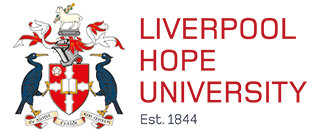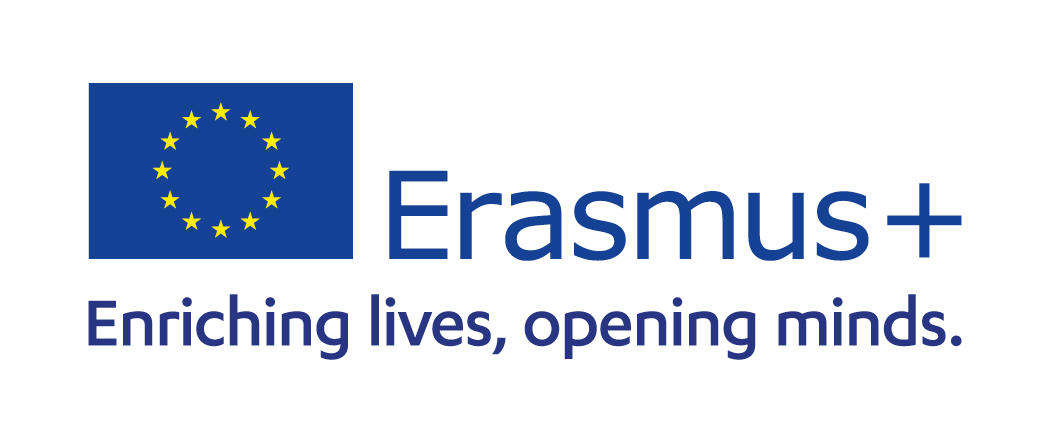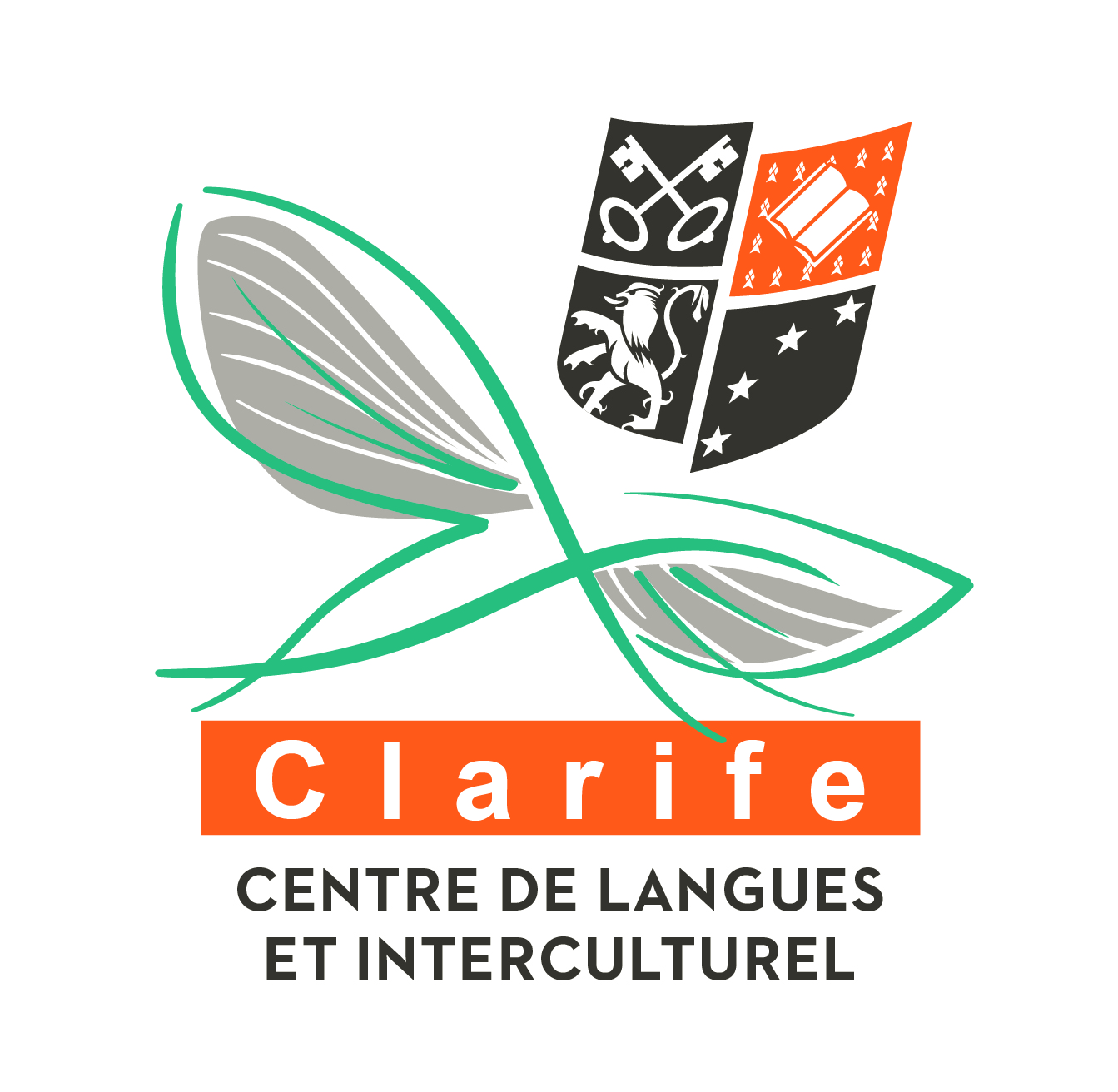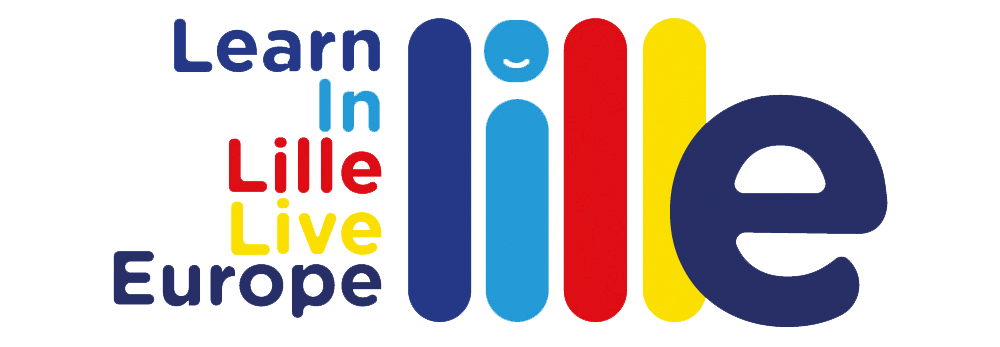Internationalisation is integral to the Université Catholique de Lille project, and constitutes a fundamental element of the comprehensive education that it wishes to offer to students, reflecting its openness to the diversity of cultures and commitment to European citizenship.
+6,000 incoming international students
+6,000 outgoing students
109 double diploma programs with universities around the world
88% of international students very satisfied with their exchange program
In keeping with its tradition of openness, the Université Catholique de Lille was one of the pioneering French universities in the area of international mobility, signing partnership agreements with American universities such as Juniata College as early as the 1970s. These partnerships have been complemented by new agreements around the world. The Université Catholique de Lille has been involved in European mobility programs such as ERASMUS or INTERREG since their launch at the end of the 1980s.
The Université Catholique de Lille currently has 546 partner universities worldwide and manages one of the largest French ERASMUS consortia with 445 Erasmus partnerships in 29 countries. It welcomed 5,476 international students in 2017-2018 and 5,379 Lille students experienced academic life beyond our borders.
The University offers both students and staff opportunities for international mobility in a highly diverse selection of schools and universities. Initially focused on strengthening the international mobility of students, particularly through the Erasmus+ program, the University is also encouraging “Internationalization at home”: strengthening the presence of foreign students and colleagues on campus enables the entire university community – students, teachers, researchers, administrative and support staff – to develop openness and intercultural communication skills.
Supporting the international mobility of students and staff
Accompanying international students and visitors throughout their mobility
Following the adoption of the charter on reception of international students in 2000, the Université Catholique de Lille has developed an environment facilitating the integration of international students and enhancing their presence on campus (courses in English, courses in French specially intended for international students, possibility of taking courses in several institutions, ...)
Reception and orientation sessions specifically for international students are organized in all the institutions concerned and an informational guide, "Passport for Lille", which lists practical information about the university, the city of Lille, life in France etc. complete this program.
Throughout the year, international students are integrated into the various associations present on campus, in particular the "Student Offices" and invited to take French courses validated by ECTS credits.
The number of international students has increased considerably in recent years, from 1,400 in 2007 to 5,476 in 2017, of which 3,482 are students in undergraduate and graduate programs (mainly at IESEG and EDHEC) and 1,986 in exchange programs (700 via Erasmus and 1,286 thanks to the signing of 101 inter-university agreements).
Students going abroad
Students registered at the University are highly encouraged to study abroad, and even required to do so in a number of programs (business, engineering, political science, international law, foreign languages, etc.). Going abroad on exchange or with an internship allows students to develop adaptability, autonomy, and intercultural communication skills; linguistic progress is inevitable. This experience constitutes a serious asset for the professional integration of future graduates.
Within the framework of international partnerships signed by the University or the Erasmus+ programs, departure preparation sessions are mandatory for all students selected to study abroad the following semester. Students are made aware of the intercultural adaptation necessary and are offered the opportunity to be ambassadors for the Université Catholique de Lille at their host institutions.
A practical information guide, the ”Passport for the world,” is provided to each student at the pre-departure session. Here they can find all the information necessary to prepare for their stay abroad.
Financing
5,379 students completed their experience abroad in 2017-2018, and 1,500 of them benefitted from a system of financial aid to achieve their international project.
The scholarships available to students include:
- Erasmus+ grants, for study abroad or internship within the framework of Erasmus+
- Mermoz grants (from the Regional Council of Hauts-de-France), for a study abroad or internship outside of the framework of Erasmus+
Outgoing staff mobility
The university also supports the mobility of its academic and administrative personnel. Information meetings are regularly proposed to discover existing options, especially within the framework of Erasmus+ or international solidarity (for example, through solidarity leave to work with an international charity organization).
A comprehensive education
Intercultural education
The development of intercultural skills is an important objective across all the various programs of the Université Catholique de Lille.
Linguistic training
Most of the University’s programs require mastery of English for graduation, and acquisition of a third foreign language is encouraged. A highly diversified offering of courses in English across disciplines and institutions promotes linguistic and intercultural openness.
CLARIFE, the University’s language learning centre, is accessible to all students. It offers courses in 10 foreign languages, with specialized language courses as well as certificate preparation and validation. It also offers intensive French language courses for international students during the summer (through the "LILLE European Summer Program") and just prior to the fall semester, while other courses are integrated into the regular academic session.
International faculty
The varied institutions that constitute the Université Catholique de Lille share a policy of recruiting bilingual teacher-researchers, both French and international, and encourage teaching mobility through Erasmus (visiting professors). Thanks to an internationalised teaching staff (up to 80% of the staff at IÉSEG, for example), the University offers an international and intercultural environment to all of its students, whether from France or elsewhere. Meanwhile, the number of English-language courses and programs continues to grow.
Course offerings suitable for an international audience
After 40 years of international engagement, the University quickly implemented the measures recommended by the Bologna process to increase clarity and transferability on an international basis (including credit accumulation, the semester system, and more).
A course catalogue adapted to the European Credit Transfer System (ECTS) has been available both in French and in English on the University website since 2008.
Courses and entire programs in English are offered to all students, et some units offer international training courses.  Strategic partnerships such as the one between the Faculties of Université Catholique de Lille and Liverpool Hope University have led to the formation of joint programs (dual degree, double Master) while engineering and business schools have engaged in joint degree and twinning programs. A total of 109 double degrees were offered to students 2018-2019.
Strategic partnerships such as the one between the Faculties of Université Catholique de Lille and Liverpool Hope University have led to the formation of joint programs (dual degree, double Master) while engineering and business schools have engaged in joint degree and twinning programs. A total of 109 double degrees were offered to students 2018-2019.
Course and program offerings in English have increased notably in the past five years thanks to the policy of recruiting bilingual French and internation teacher-researchers and encouraging Erasmus teaching mobility through visiting professorships.
Compulsory foreign internships and study terms
In 2017-2018, 2,522 students from the Université Catholique de Lille went abroad for internships. A majority of students are required to complete a professional internship abroad in order to complete their programs. They may receive assistance from the unit through specialized services, and may receive financial support through Erasmus or the Mermoz program of the Hauts de France region.
The internship program benefits from close institutional relations with major regional businesses that have an international profile (Auchan, Décathlon, Thalès, Lesaffre, and others).
The internationalisation of teacher-researchers is strongly encouraged, whether through the Erasmus program or through bilateral mobility agreements for teaching and research.
The University around the world
International from the beginning
Founded in 1066 by the Counts of Flanders, Lille – Rijsel in Flemish – quickly became a major commercial hub between rich Flemish cities and the Champagne markets. As shown by its architecture, Lille was successively Flemish, Burgundian, and Spanish before becoming French in 1667, under the reign of Louis XIV. The Sun King’s military engineer, Vauban, built the city’s impressive citadel. Two centuries later, Lille’s industrial power increased dramatically. Its world-leading textile activity gave rise to other industries; metal industries quickly became the second flagship of the Lille economy. To maintain this pace of development, Lille welcomed labour from Flanders, Poland, Southern Europe, and North Africa.
From its strategic position at the crossroads of Europe, Lille and the Université Catholique de Lille have drawn a tradition of openness and acceptance of others and their ideas. Internationalisation is part of the DNA of the University, one of the first in France to enter into partnership agreements with foreign universities in the early 1970s.
European engagement
Its position at the heart of Europe and closely connections to the social ideas of Robert Schuman, founder of the European Union, have made European citizenship a priority for the Université Catholique de Lille.
The university has been involved with the various Erasmus programs since the beginning, and manages one of the largest consortia in France, with 902 outgoing students in 2017-2018 and 451 signed Erasmus partnerships in 29 countries. Since 2017, it has developed relations with various countries bordering the EU, initiating exchanges of students and teacher-researchers across disciplines with Serbia, Bosnia, and Georgia.
More information about ERASMUS+ International Credit Mobility Program
The Université Catholique de Lille is also involved in European projects such as Interreg or Jean Monnet, and offers 29 double degrees with European universities.
A pioneer in North America
The Université Catholique de Lille has been a pioneer in the development of university partnerships between France and North America, signing partnership agreements with American universities such as Juniata College as early as the 1970s. It now has 27 inter-university agreements in the United States and Canada.
Growing relations with South America
The University already has 26 partnerships with Latin American universities (compared to 5 in 2008) and the number of Latin American students on campus has multiplied by 5 between 2008 and 2018.
Cooperative solidarity with Africa
The Université Catholique de Lille is involved in several developmental partnerships with Burundi and Cameroon (as well as with Haiti). It offers its partners long-term support for the training of university teachers, researchers, and local development agents. Training and/or research grants are awarded to colleagues who are already actively involved in their institutions, and who undertake graduate-level training for the benefit of their university or association for a minimum of 5 years. This in turn contributes to the education and international solidarity of our students.
Strong links with Asia
The University has a policy of partnership in Asia, particularly with the Philippines and India, where several units have developed close links allowing for significant student mobility and joint training projects. The Université Catholique de Lille hosts more Filipino students each year than any other institution in France.
Between 2008 and 2018, the number of agreements with Asian universities tripled (37 partnerships as of 2018) and the number of Asian students welcomed increased by 9 times.
The Université Catholique de Lille has also established a partnership with the NGO Gawad Kalinga in the Philippines. Founded in 2003, this NGO fights against poverty and precariousness, in particular by building supportive, autonomous, sustainable communities. Students can usefully get involved through supervised humanitarian internships, either for a short period in the summer or for 4-6 months (social entrepreneurship).
And several partnerships in Australia
The Université Catholique de Lille has 4 current agreements with Australian universities lovated in Sydney and Brisbane, the largest and third-largest cities on the continent.
Active international networking
The Université Catholique de Lille actively participates in several specialized networks:
- Campus France
- EAIE (European Association of International Education)
- NAFSA (Association of International Educators)
- APAIE (Association of Pacific Asia International Education)
- FIUC (International Federation of Catholic Universities)
- APUAF (Association of American University Programs in France)







